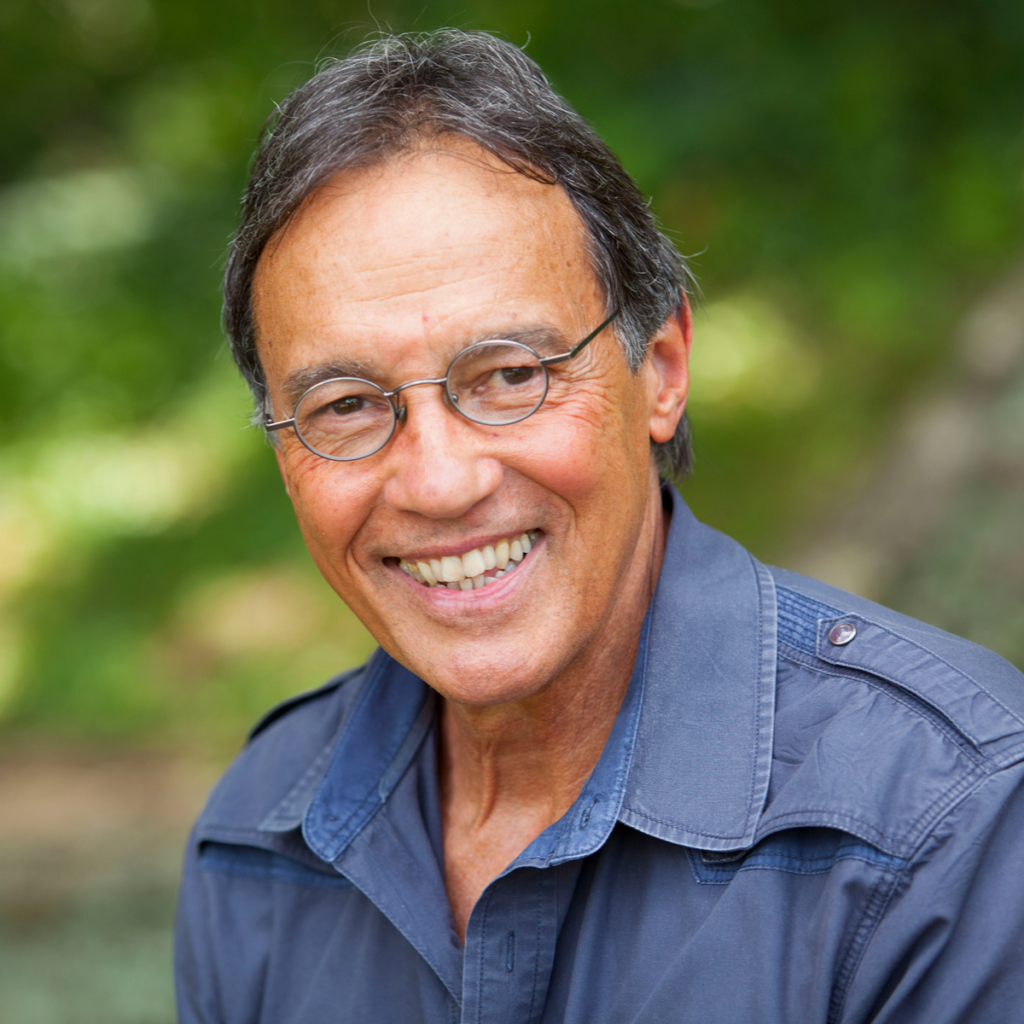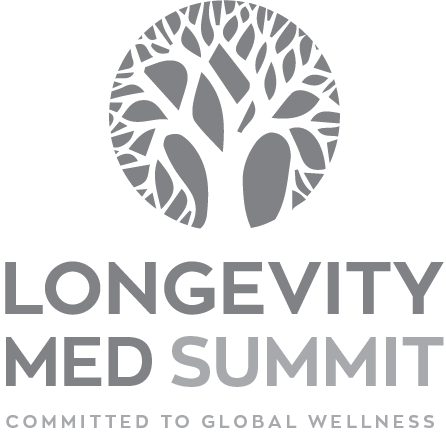Centenarian Consciousness: A Paradigm Shift for Healthy Longevity
Mario E. Martinez
PsyD, Biocognitive Science Institute, Nashville, TN, USA
Dr. Mario Martinez is a clinical neuropsychologist who specializes in how cultural beliefs affect health and longevity. He proposes, based on interdisciplinary research evidence, that longevity is mostly learned, and the causes of health are inherited. He has studied healthy centenarians (100 years or older) worldwide and found that only 20 to 25% can be attributed to genetics – the rest is related to how they live and the cultural beliefs they share. He is the founder of Biocognitive Science and author of the bestselling book The MindBody Code. Dr. Martinez is the proponent of cultural psychoneuroimmunology. He serves on the Scientific Advisory Boards for the Human Longevity Institute (US) and Apeiron Center (US).

Centenarian Consciousness: A Paradigm Shift for Healthy Longevity
While molecular biology has made significant advances in identifying genetic and epigenetic markers of aging, the interventions offered are the usual suspects known for more than 40 years, including lifestyle change, exercise, meditation, cognitive behavior therapy, and supplements from the behavioral spectrum, as well as short-term benefits from the most advanced biomechanical procedures, based on reductionist models of aging. Although most of the treatments offered may be necessary, none is sufficient for sustainable biological age reversal. Based on my work with healthy centenarians (100 years and older) worldwide, I have identified four unique perceptual and four recurring affective meaning-making modes contributing to their longevity. While lifestyle is more important than genetic endowment, I propose these eight health span factors, are as important. Additionally, I will illustrate how each of the eight factors has psychoneuroimmunological (PNI) benefits, as well as how centenarian consciousness can be learned at any age. Surprisingly, most longevity studies have not included centenarian cohorts in their research and have mostly focused on the pathology of aging rather than the causes of health in the process of growing older. I will also describe the research I am conducting to correlate these eight factors with biomarkers of aging related to inflammation, and how to cultivate the four perceptual and four affective factors to reverse biological age. The presentation will be based on principles of cultural neuroscience, cultural psychoneuroimmunology, and cultural anthropology.
Mario E. Martinez

